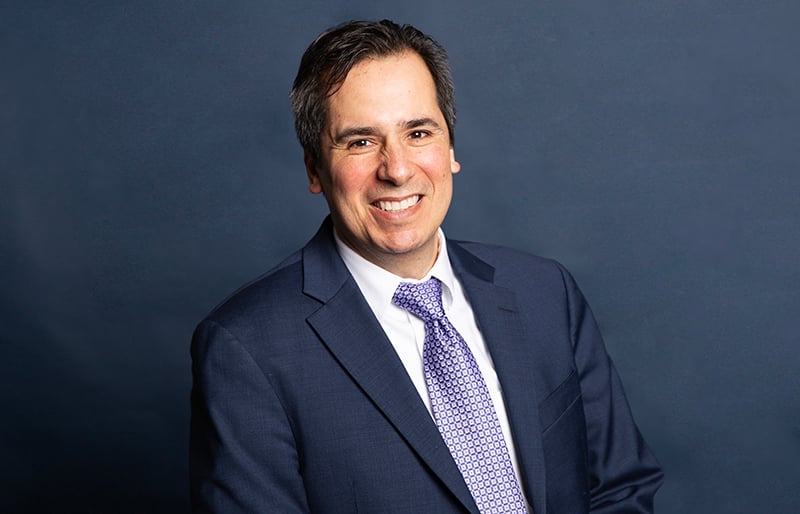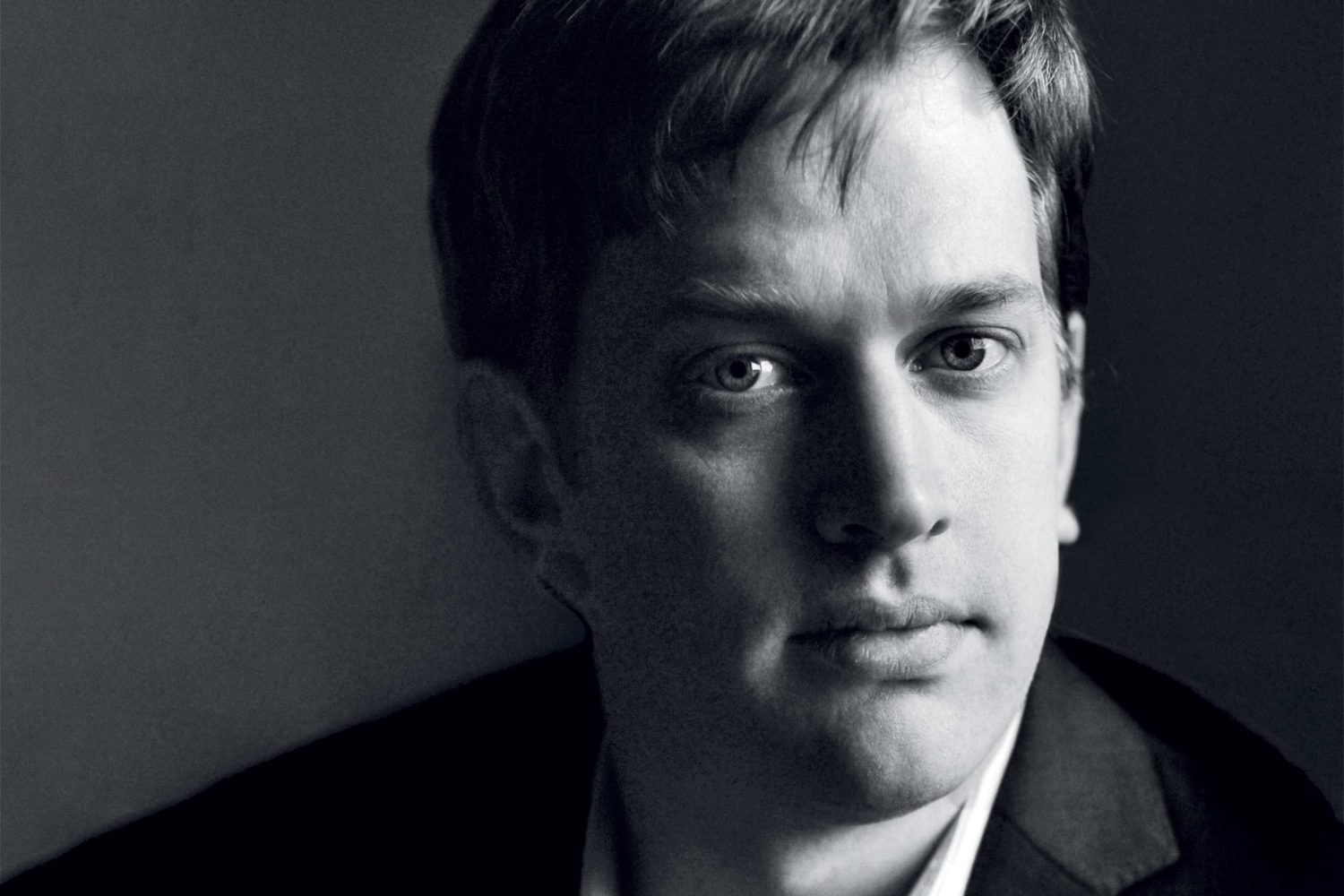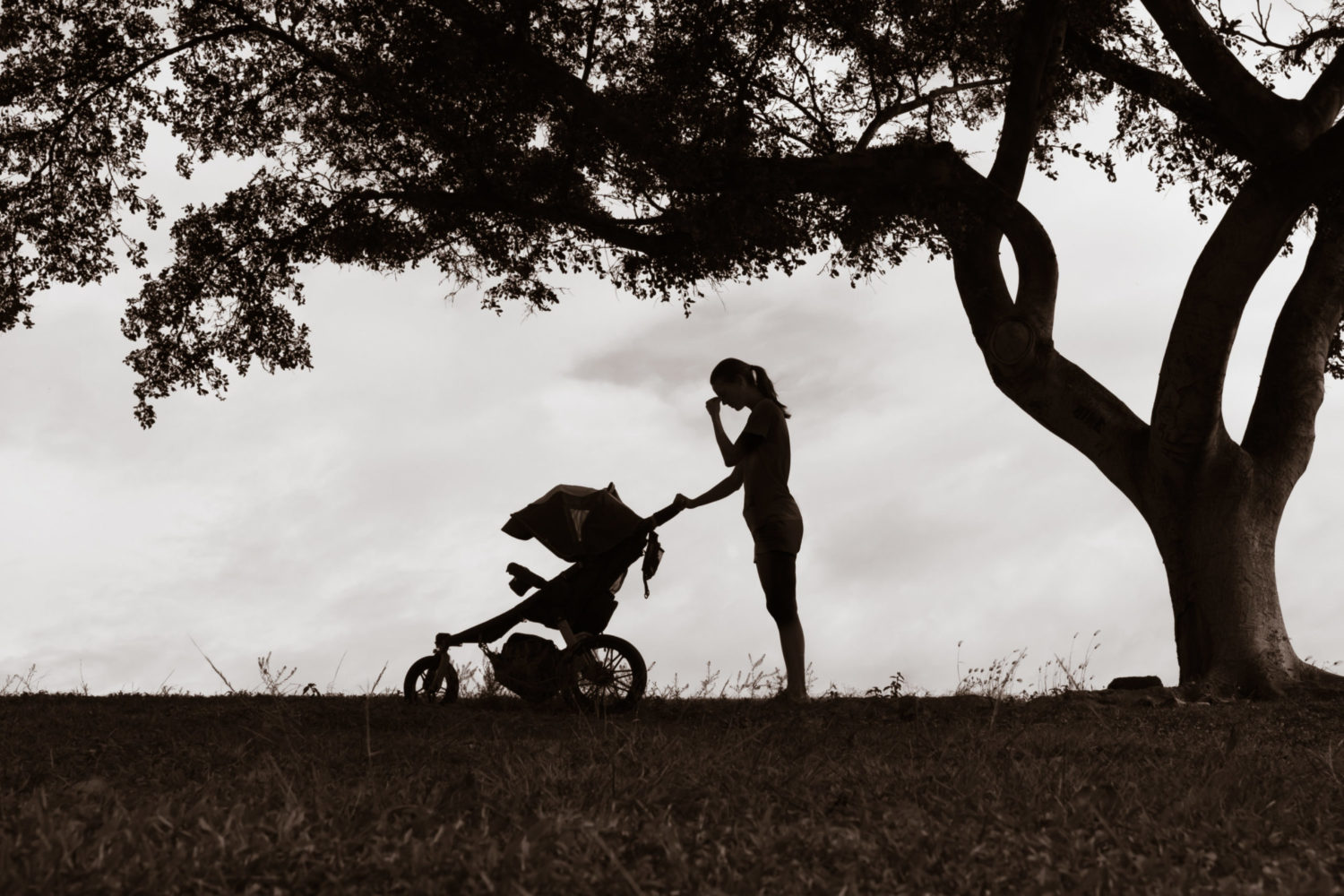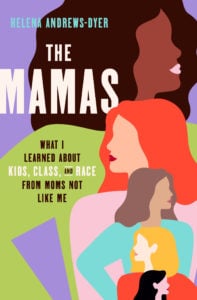
Washington Post reporter Helena Andrews-Dyer’s new book, The Mamas: What I Learned About Kids, Class, and Race From Moms Not Like Me, chronicles her induction into the intense world of urban parenting and her constant fear that, she writes, “as the only Black girl in the gang, I had to be twice as good at something we all suck at.” The book is a deeply funny bumper-car ride through childcare, education, gentrification, the pandemic, and the particular insanity that can ensue when people communicate online.
Why did you write this book?
Because I had to. I’d never read a “mom book” that captured my motherhood experience, so I wrote it. Really, it’s that simple. I knew if I was doing double-takes over all the foolishness of new mommyhood, then others were too, and I had to document it. Plus, my brain is just hardwired to see the story in everything.
Much of it is about your experience in your own neighborhood, Bloomingdale. How would you explain the book to someone from outside DC?
What’s great about this book, in my very humble opinion, is that it tells a lot of stories in one. At its core, it is a story about belonging: who belongs to me, who I belong to, and how those bonds shape our identity. It’s the story of how friggin’ excruciating it is to make friends as a grownup. It’s also a story about how moms of different races and classes too often see past each other and how harmful that is. It’s the story of one mom and all the moms.
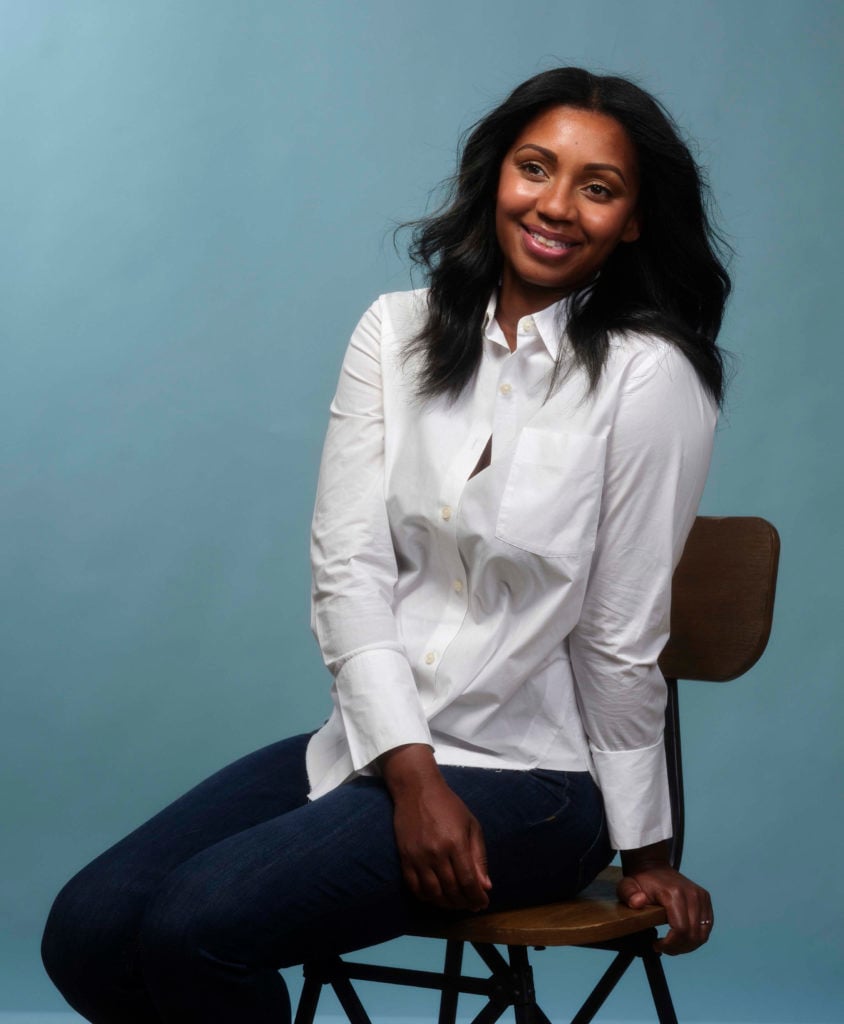
Bloomingdale is almost its own character.
Yeah, absolutely. That’s why I wanted to write a chapter just specifically about the neighborhood. Gentrification is happening everywhere throughout the country—you have a bunch of different people smooshed together in a tight space, and what does that mean for the neighborhood school? What does that mean for the park, the coffee shop, the sidewalk? Who feels welcome there and who doesn’t? I think some people ask themselves those questions and some people don’t.
I’m curious how your husband feels about his portrayal: He’s clearly an anchor for you, someone who backs you up, but he often asks you why you care about the things that are driving you crazy.
I have, like, 20 [advance copies] in the house and he’s always like, “I should just grab this book and read it.” I hope once he does read it, he loves it, but I promise you, it will be, like, three years from now.








